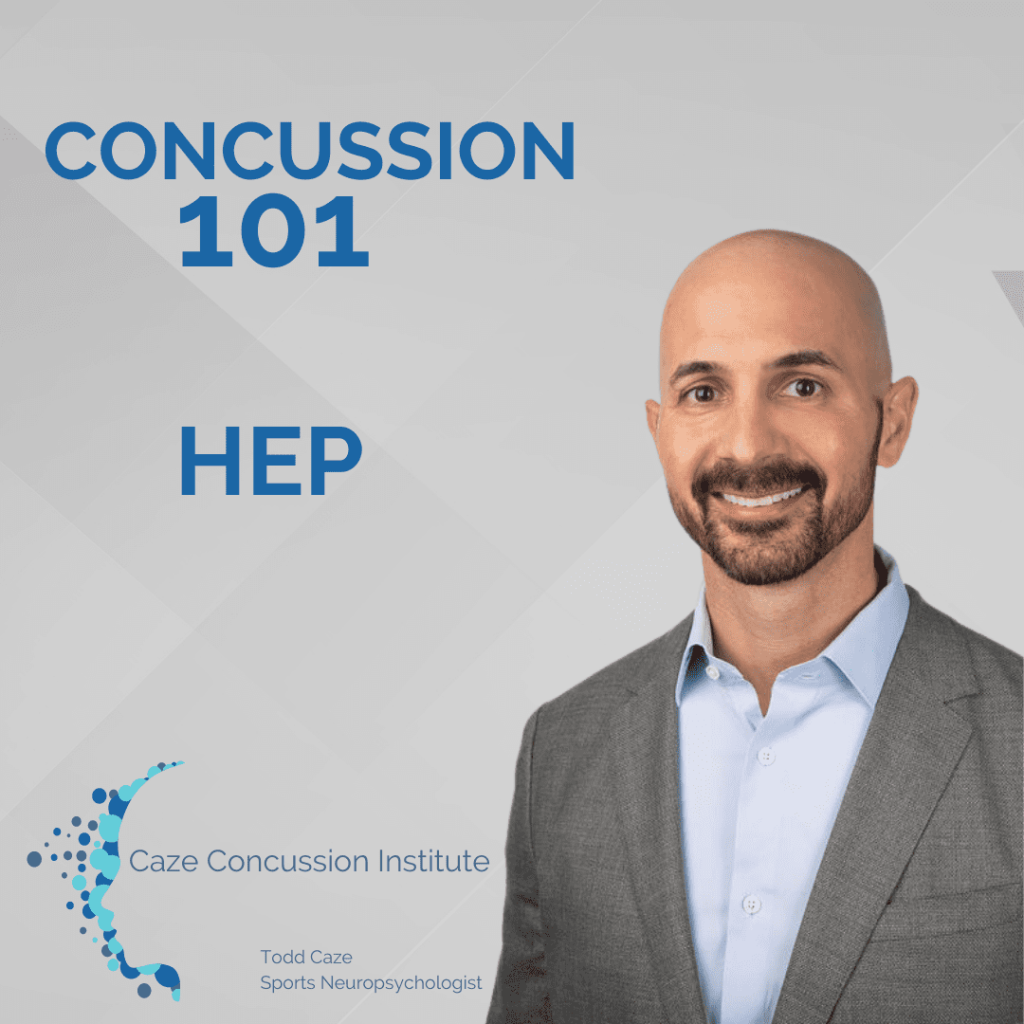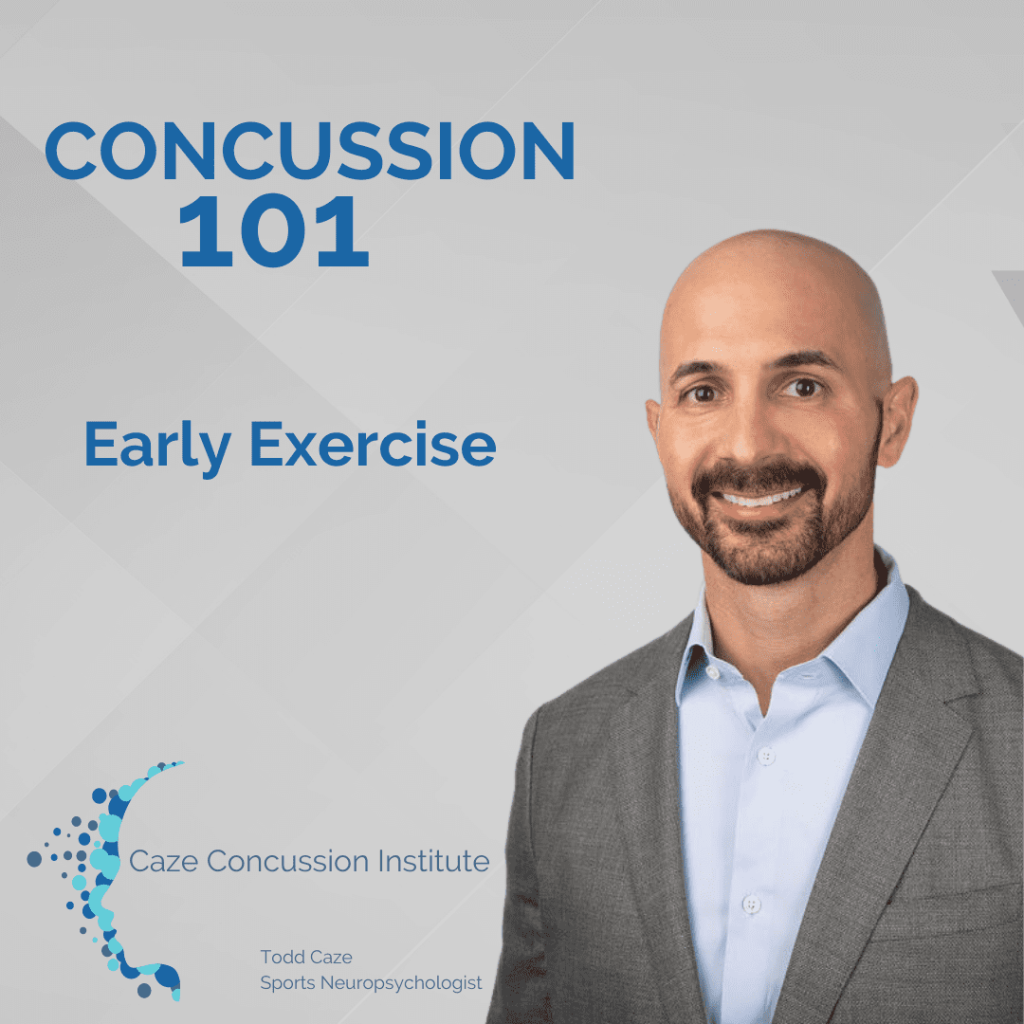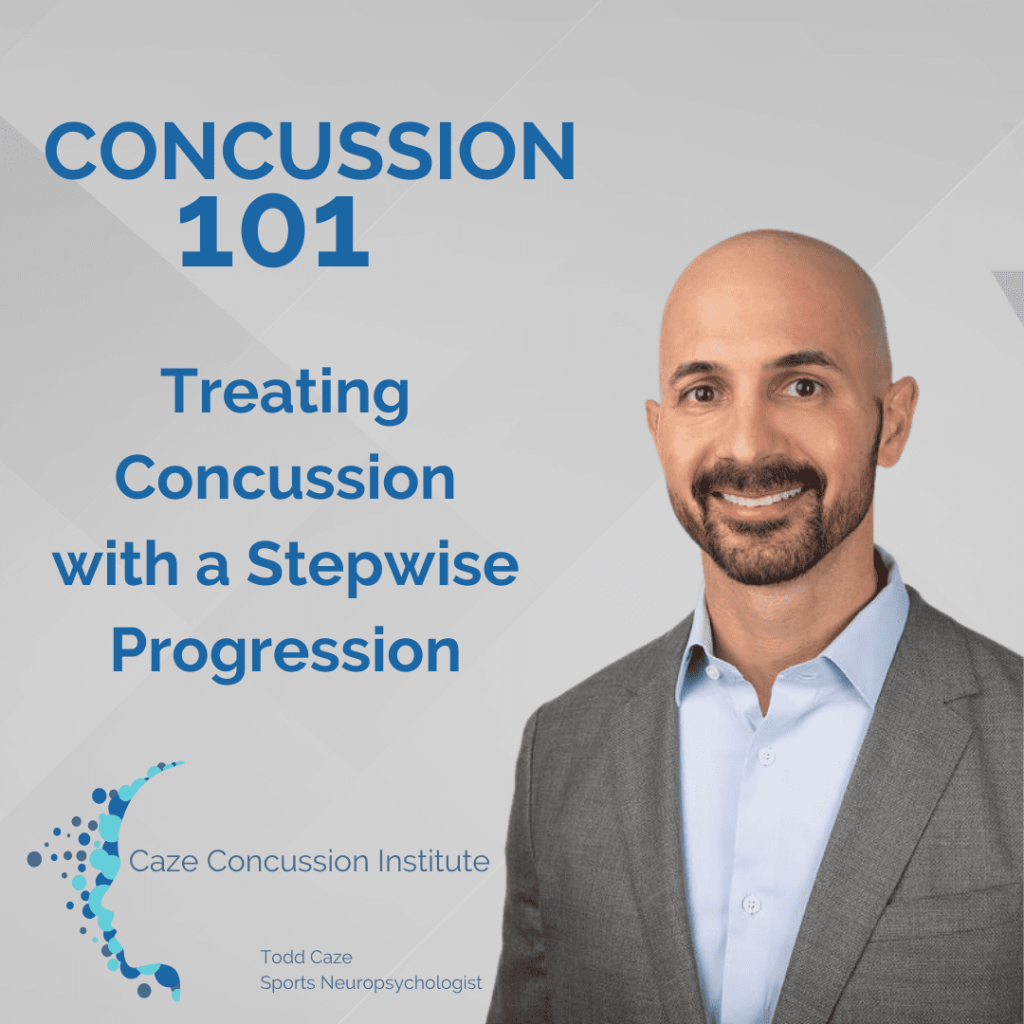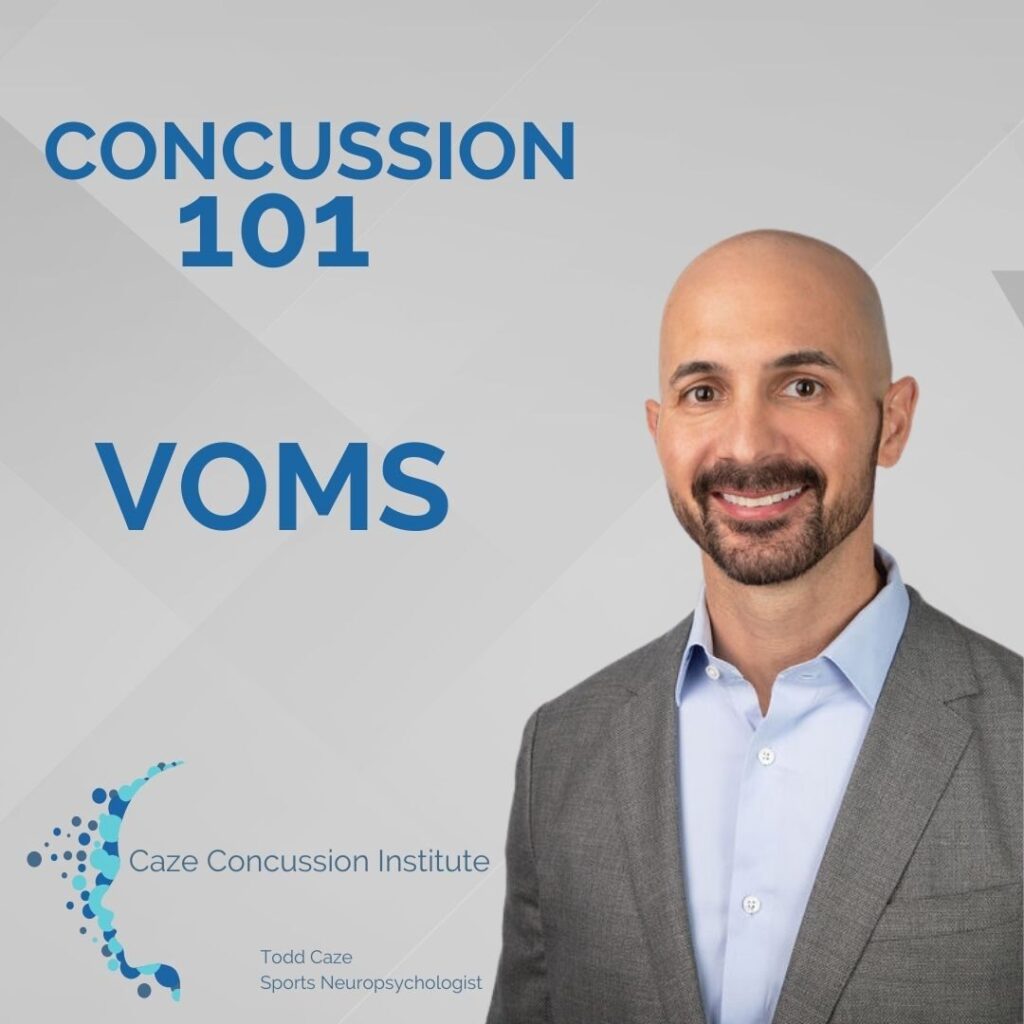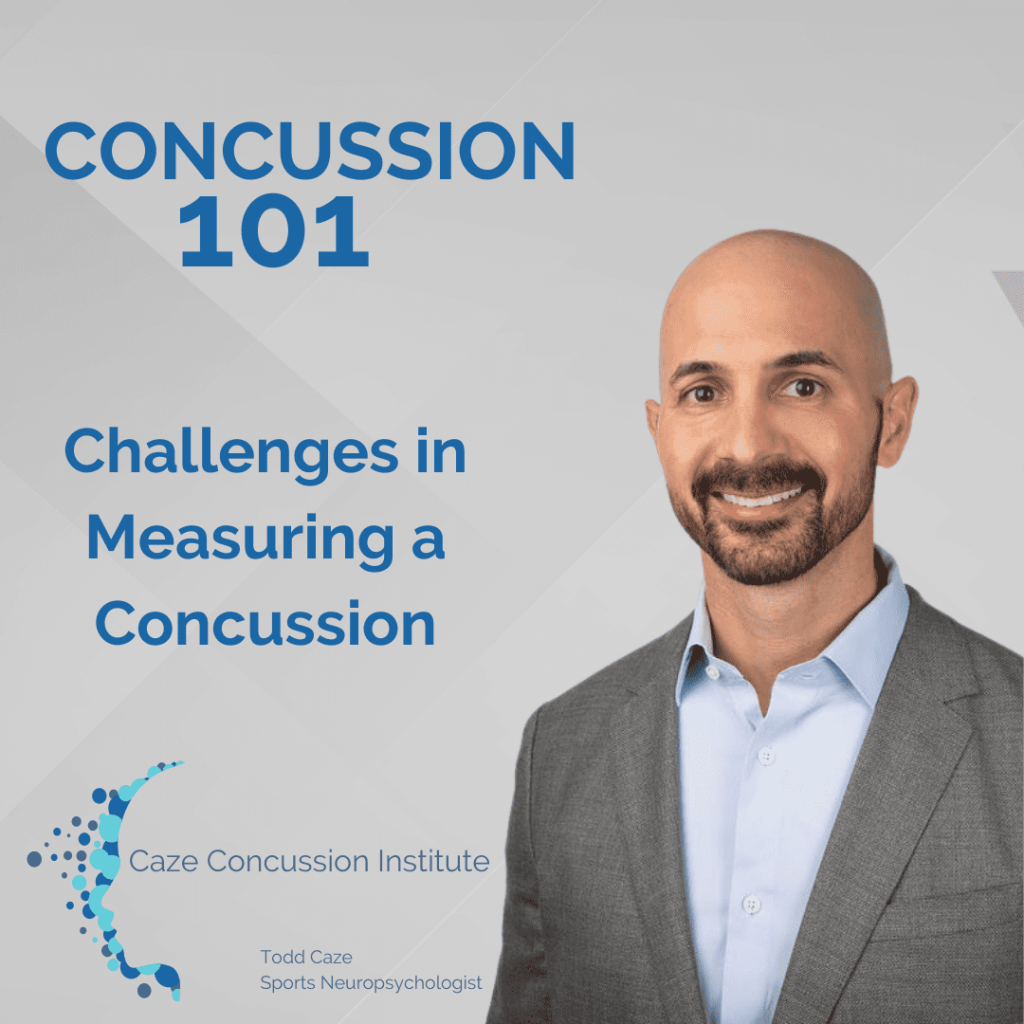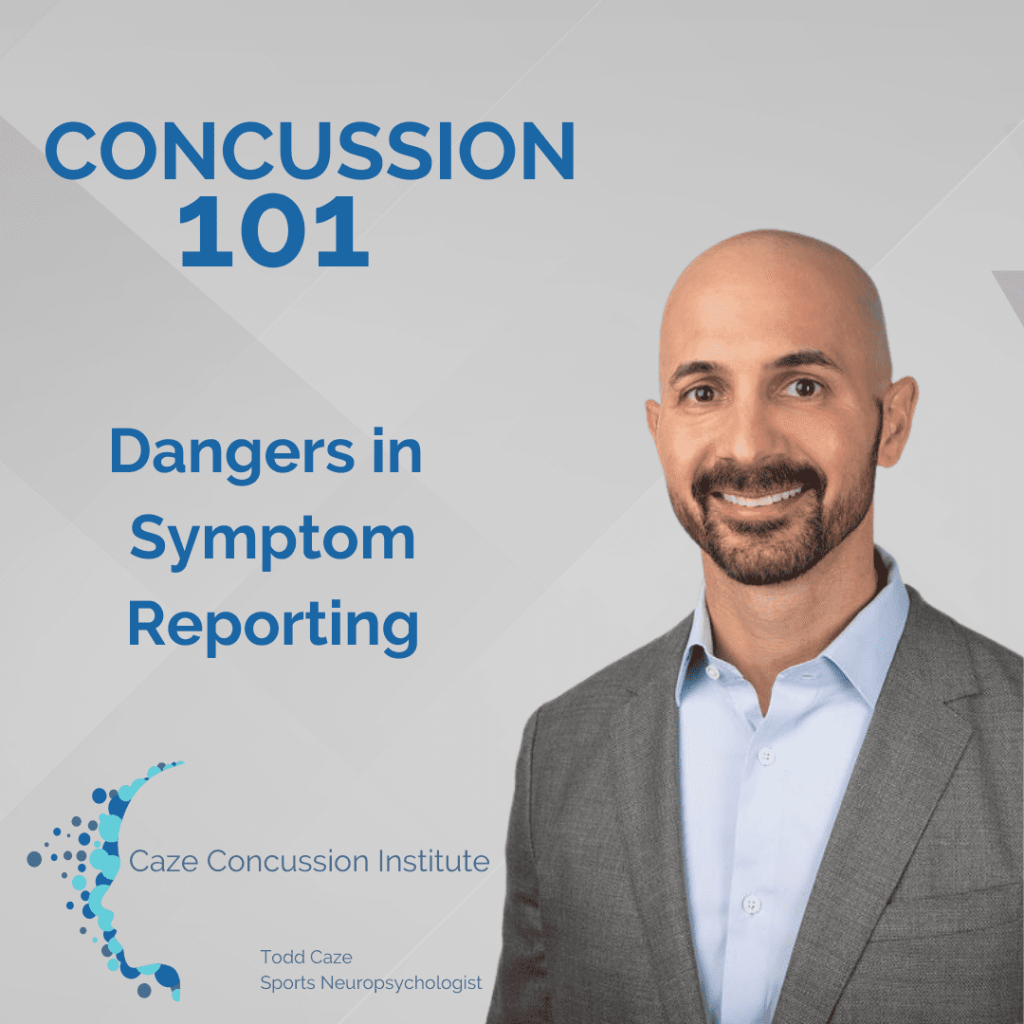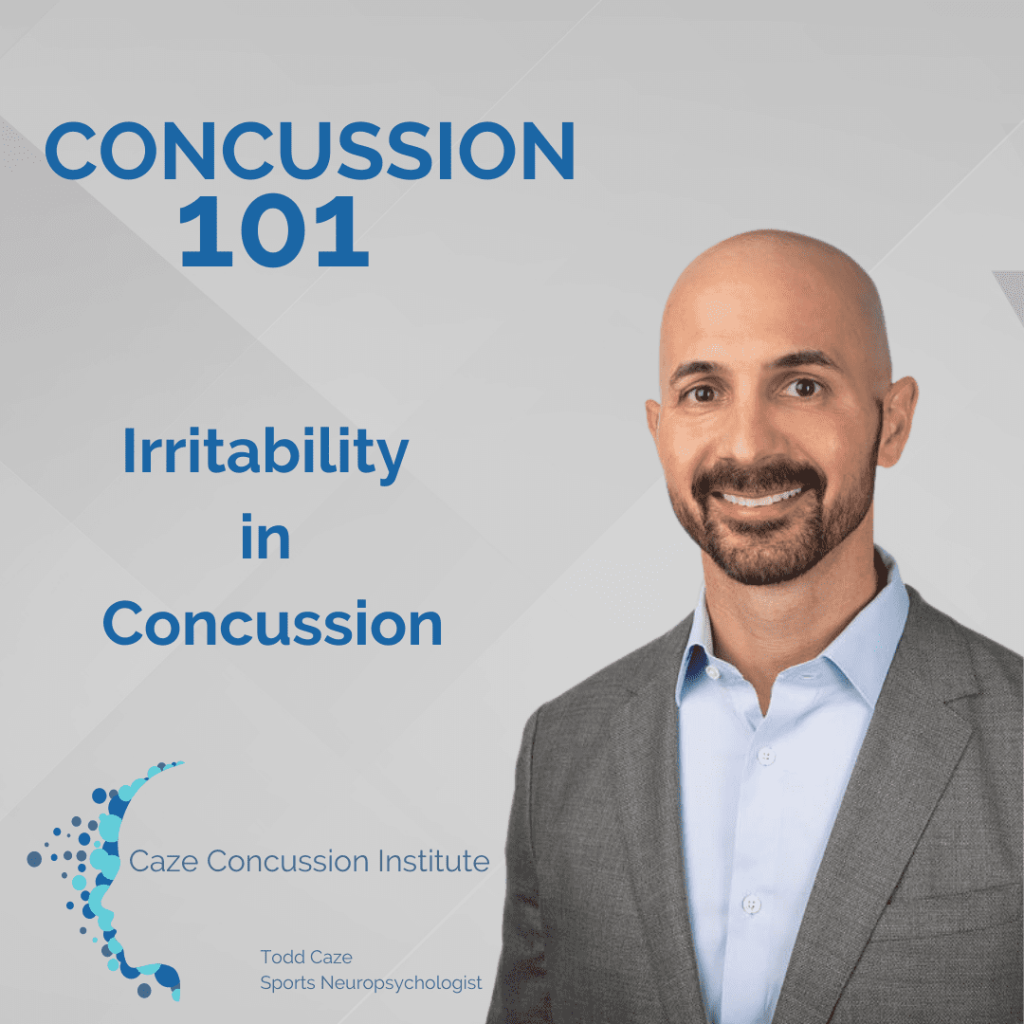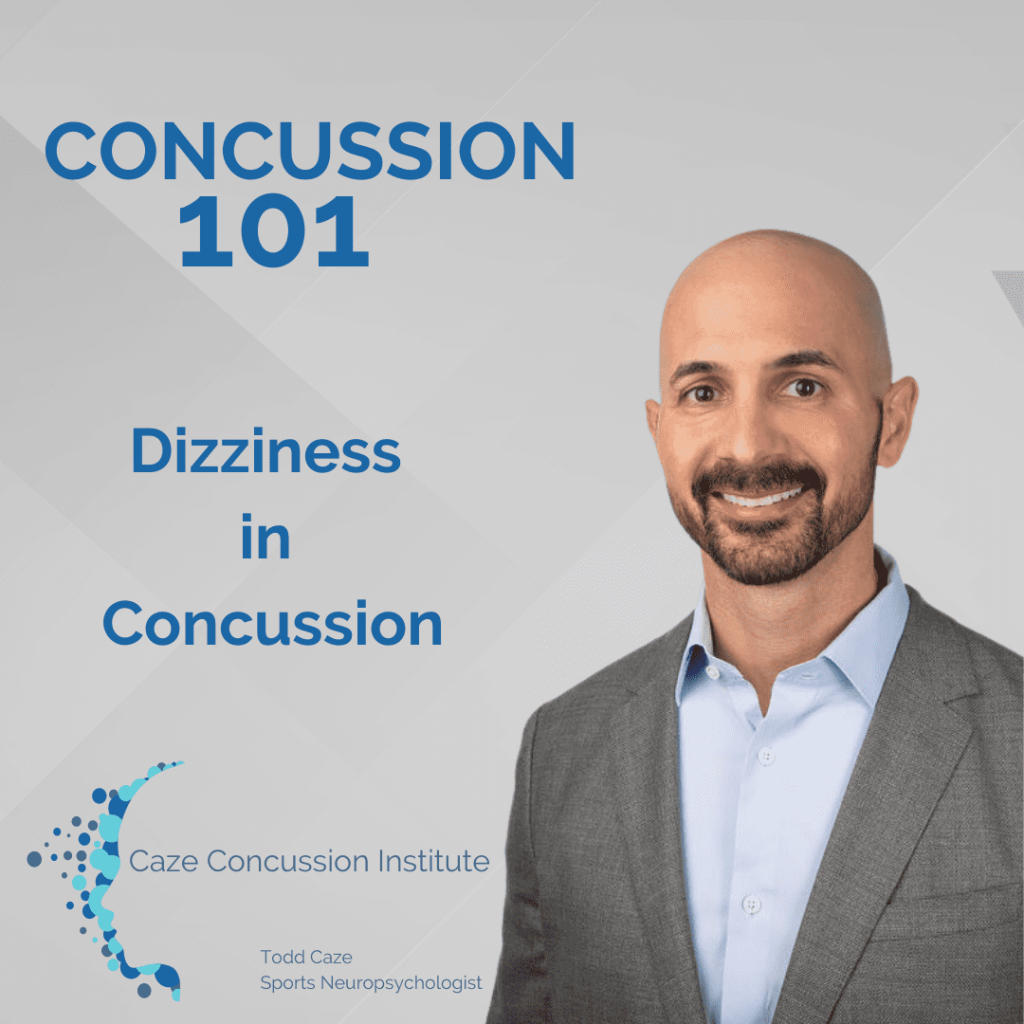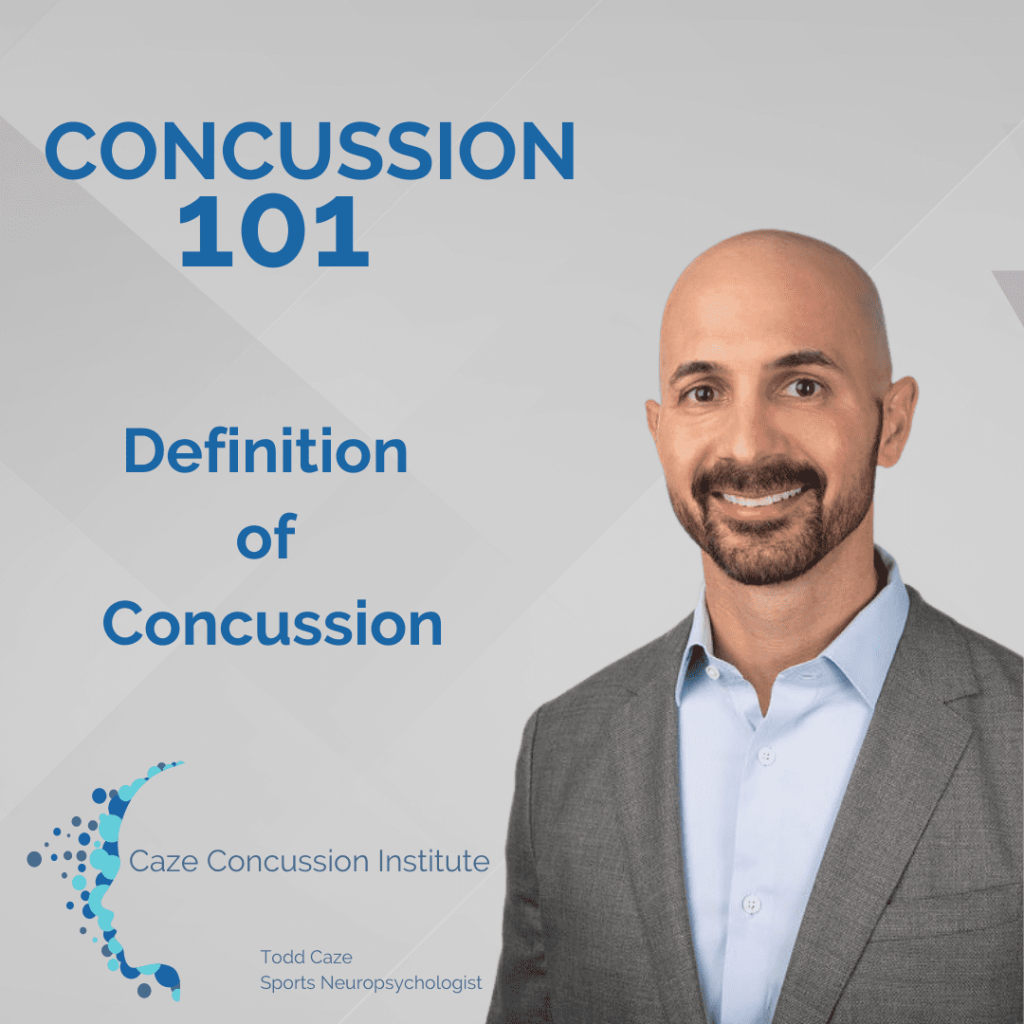HEP – Home Exercise Program – Concussion 101
Dr. Caze uses a prescriptive, targeted recovery program to accelerate recovery in patients. Simply put, a concussion is a network disruption and having a focused plan for treatment is essential for the safest and quickest recovery.
HEP – Home Exercise Program – Concussion 101 Read More »

